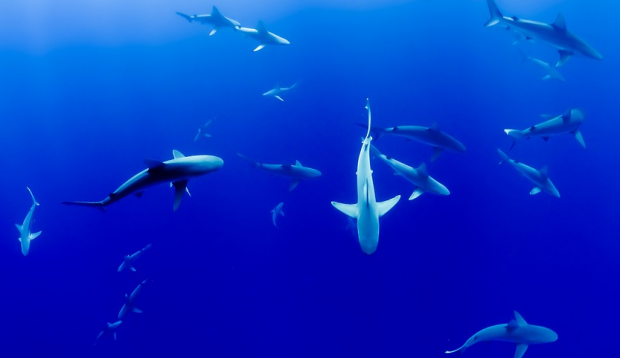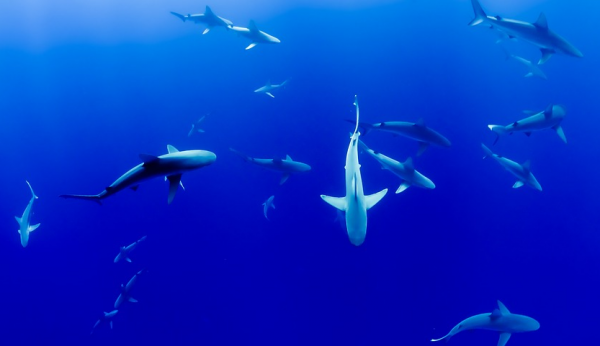By Captain Jay Caputo, National Coast Guard
The world’s warming climate also will increase the demand for fish. Reports describe scenarios which will make Asia, Africa, and South America more arid, which will lead to reduced crop yields. Sea level rise and warming will alter ecosystems and move fish populations. Some islands in the Pacific will be underwater by 2050. Will these islands continue to maintain exclusive economic zones (EEZs)? If not, who will have the rights to fish in these areas? Do countries that traditionally harvest migratory fish continue to get the same quotas even if fish move to other EEZs? These questions demonstrate some of the ways that climate change will alter the status quo and impact resource security.
Protecting Fishing is Important
The United States is a significant fishing power. It has the largest EEZ in the world, almost half of which surrounds the Hawaiian Islands and the Pacific Territories. On average, the United States is the third largest producer of captured fish, harvesting approximately five MMT per year—only China and Indonesia harvest more. The United States’ largest landing port by volume of fish is Dutch Harbor, Alaska, and the largest landing port by value is New Bedford, Massachusetts.



